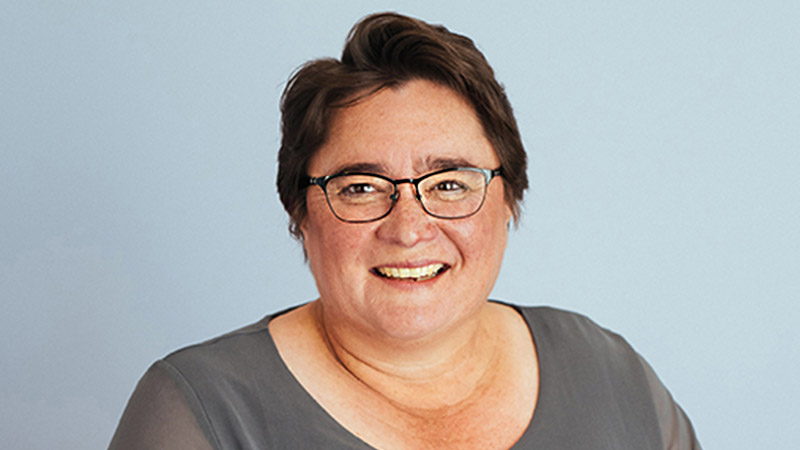SMSFs expected to be spared in October budget

While SMSFs are likely to be spared in this year’s federal budget, there is still a risk they may foot the bill for the unprecedented level of government spending further down the track, according to Heffron.
In an online blog, Heffron managing director Meg Heffron said while Senator Jane Hume has mentioned the possibility of some superannuation reforms, it is likely these relate to whether or not compulsory superannuation levels increase to 10 per cent as planned and some changes to the rules around default superannuation choices.
Senator Hume has stated that the government will not be looking to introduce any adverse tax changes to super, but she flagged that there might be some “tinkering within the regulatory settings of super”.
However, given the unprecedented level of government spending, Ms Heffron said eventually politicians will turn their minds to how to pay for it all.
“It’s easy to imagine that any additional taxes raised to foot the bill might be skewed towards those who have wealth already — often SMSFs and their members,” she warned.
“A knee-jerk response by government could well be steps such as reintroducing tax on superannuation benefits, reducing tax exemptions on funds that provide pensions, increasing tax on superannuation contributions etc.”
The government’s rhetoric around growing, rather than taxing, its way to economic recovery suggests that if there are new taxes on superannuation, they won’t be in October.
“I suspect they will come next year at the earliest and possibly even later,” Ms Heffron said.
She said there are a few changes she would like to see the government make in the budget, however, including making it easier for those with SMSFs to relocate overseas.
“The rules make it hard, if not impossible, for SMSF members to keep making contributions to their fund while they are not Australian tax residents, and even if they just keep it dormant while they are away, they are often forced to put someone else, who cannot be paid, in charge of it until they return,” she said.
“Often the only practical solution is to wind up their SMSF. There must be a better way.”
She would also like to see the government simplify the indexation of the transfer balance cap.
At some point in the next few years, the transfer balance cap limit will increase from $1.6 million to $1.7 million, she said.
“But not for everyone. Anyone who has used, say, 75 per cent of their $1.6 million limit already by starting a pension with super worth $1.2 million will only receive 25 per cent of the $100,000 increase,” she said.
“Once the limit increases, there will be 100 different possible transfer balance cap amounts for any individual.
“This and other features of the system betray a classic over-emphasis on limiting tax concessions for the wealthy without stopping to think about whether the additional complexity is worth it.”
Ms Heffron said the new, higher cap should be applicable for everyone.
The government, she said, should also do more to assist those stuck in defined benefit pensions.

Miranda Brownlee
Miranda Brownlee is the deputy editor of SMSF Adviser, which is the leading source of news, strategy and educational content for professionals working in the SMSF sector.
Since joining the team in 2014, Miranda has been responsible for breaking some of the biggest superannuation stories in Australia, and has reported extensively on technical strategy and legislative updates.
Miranda also has broad business and financial services reporting experience, having written for titles including Investor Daily, ifa and Accountants Daily.






